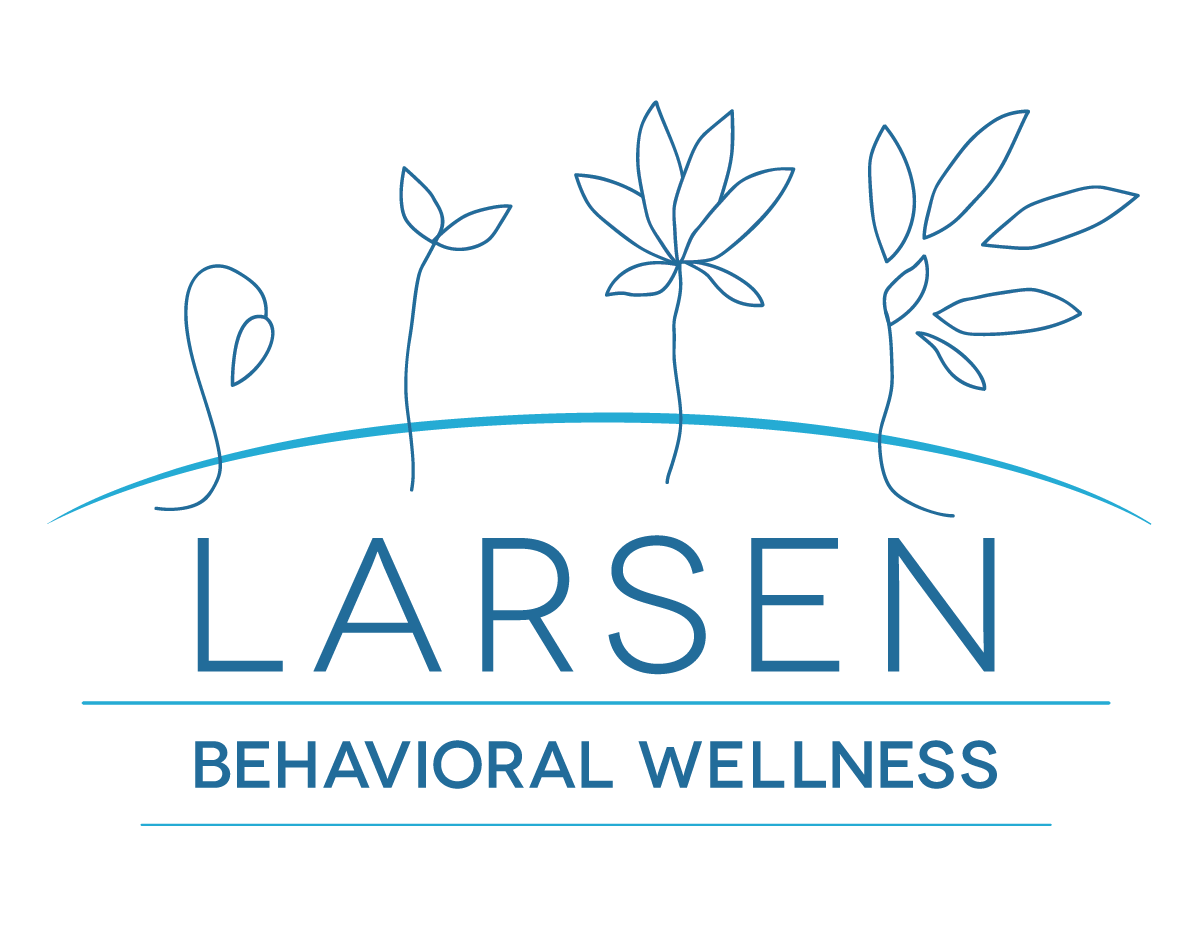Why Is My Teenage Daughter so Angry
As the parent of a teenage daughter, you might often find yourself wondering why she's so angry. It's a complex mix of hormonal changes, peer pressure, and the omnipresent influence of social media. Her body and brain are developing at a rapid pace, leading to emotional highs and lows that can intensify stress and anxiety. The constant exposure to perfect lives online can also feed into her feelings of inadequacy. But don't worry, understanding and empathy are the key, and we'll explore how to help her navigate these turbulent waters.
Understanding the Hormonal Changes in Teenage Girls
While it may often seem like your teenage daughter's anger springs from nowhere, it's crucial to remember that she's going through significant hormonal changes. This phase of life is like a roller coaster ride for them, filled with emotional highs and lows that can often manifest as teen anger.
The physiological changes accompanying puberty can create a whirlwind of emotions. These hormonal changes can heighten emotions, amplify stress and anxiety, and even distort self-perception. Understanding this can help you empathize with her, rather than reacting to her anger.
It's not just about these hormones, though. It's about how they interact with her developing brain, influencing her thoughts, feelings, and behavior.
In the midst of this storm, your understanding, patience, and support are her anchor. Therefore, strive to create a safe space where she can express her feelings without fear of judgment.
Impact of Peer Pressure and Social Media
In addition to the hormonal changes occurring within your teenage daughter's body, another profound influence on her emotions is peer pressure and the impact of social media.
The constant exposure to perfectly curated lives can lead to feelings of inadequacy and depression. The need for acceptance and validation might push her to conform to unrealistic standards.
Here are some ways peer pressure and social media can impact your teenager:
The fear of missing out may create anxiety and stress.
Online bullying can lead to self-esteem issues and depression.
Constant comparison with peers can lead to feelings of inadequacy.
The pressure to conform can cause emotional turmoil and confusion.
Identifying Signs of Teenage Anger and Aggression
Although it can be challenging, it's crucial to distinguish between typical adolescent moodiness and signs of a deeper issue. Unusual outbursts, excessive irritability, or a drastic change in social behavior might be red flags. You might notice her resorting to physical violence or using harsh, hurtful words more often. These could be signs of underlying anger and aggression.
A child therapist near me once emphasized that it's important not to dismiss these signs as 'just a phase'. It's okay to seek professional help if you're struggling to understand your teenager's behavior.
Remember, it's not about assigning blame or labeling your child as 'problematic'. It's about recognizing the signs and taking necessary steps to support them.
Exploring Effective Communication Strategies With Your Teen
Understanding your teenager's anger and aggression is the first step in a long journey.
It's crucial to navigate this path with effective communication strategies that encourage openness and mutual respect.
Active Listening: Show genuine interest in her feelings. Don't interrupt, offer solutions, or judge. Just listen.
Non-verbal cues: Your body language speaks volumes. Maintain eye contact and exhibit relaxed postures to convey empathy.
Open-ended Questions: Encourage her to express herself fully by asking questions that can't be answered with a simple 'yes' or 'no'.
The Power of Pause: Don't rush responses. Allow moments of silence for reflection and thought.
Each strategy is a tool to bridge the gap between you and your teenager.
They won't make the anger vanish overnight, but they'll illuminate a path toward understanding and connection.
Tips for Managing and Responding to Your Teen's Anger
While it's natural to feel overwhelmed by your teen's persistent anger, adopting effective management techniques can turn the tide. Remember, it's not about winning battles, but understanding her emotions.
Start by maintaining a calm demeanor. Your composed attitude will help defuse heated situations, providing a safe space for open dialogue.
Next, listen actively. Her emotions aren't just teen drama; they're real, valid feelings. Validate her anger without endorsing any negative behavior. This acknowledges her feelings without encouraging hostility.
Moreover, set clear boundaries. While it's crucial to acknowledge her emotions, it's equally important to establish acceptable behavior. Make it clear that it's okay to feel angry, but it's not okay to hurt others physically or emotionally.
Lastly, encourage positive coping mechanisms, such as writing in a journal, engaging in physical activity, or going to therapy. By offering constructive ways to deal with anger, you're not only managing the present situation but also empowering her to handle future emotional challenges.
Conclusion
Navigating your teen's anger isn't easy, but understanding its roots can help. Hormonal changes, peer pressure, and social media influence can all amplify their emotions. Recognizing signs of anger and aggression is important, but effective communication is key. Be open, patient, and empathetic. Remember, it's not just about managing their anger, but also responding in a way that supports their emotional growth. It's a tough journey, but together, you can make it through.
Help from a professional can be instrumental is finding mutual ground and moving beyond hurt and anger to healing. Larsen Behavioral Wellness specializes in working with teens who experience anger and depression. Reach out today to talk with our intake specialist and learn more about our child and family therapy options today.

